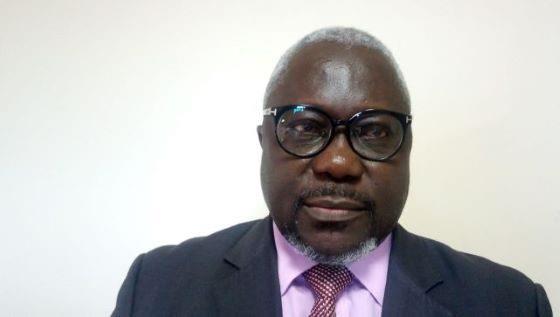WAMA and WABA organized a joint forum on the theme: “The Role of Commercial Banks as Important Stakeholders towards the Implementation of the ECOWAS Single Currency and the ECOWAS Payment and Settlement System Integration Projects”.
The general objective of this joint forum was to update commercial Banks in the region on the ECOWAS Single Currency and ECOWAS Payment and Settlement System Integration Project as well as highlight their roles as critical stakeholders in the ongoing processes.
Specifically, the objective of the joint forum was to:
- better involve commercial banks, and other financial institutions in ECOWAS in these Projects as key stakeholders;
- foster ownership of the project by commercial banks, get their observations and guidance on the two projects which could positively impact on implementation; and
- create a permanent dialogue platform for all these entities to foster experience sharing which would be mutually beneficial.

